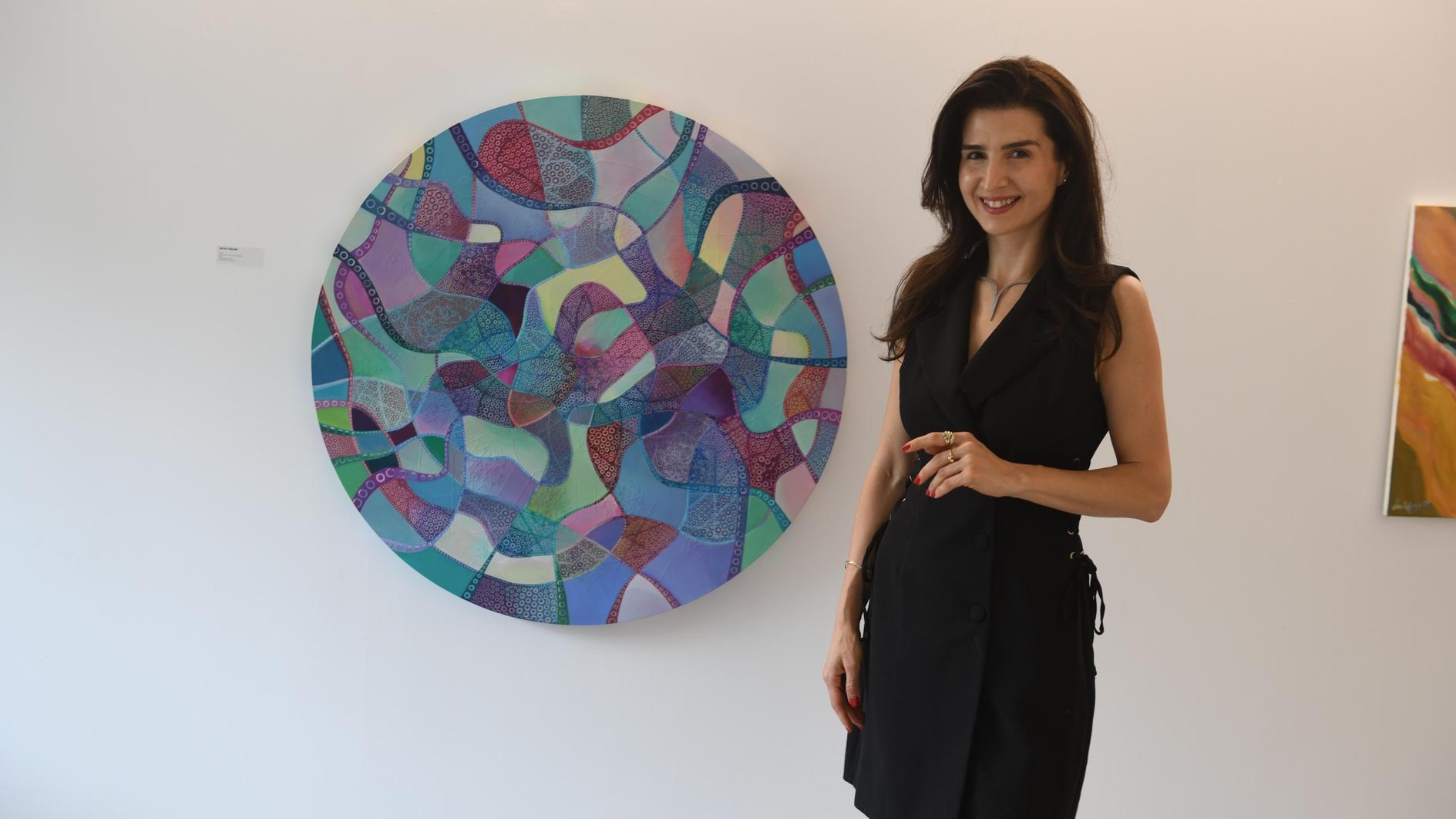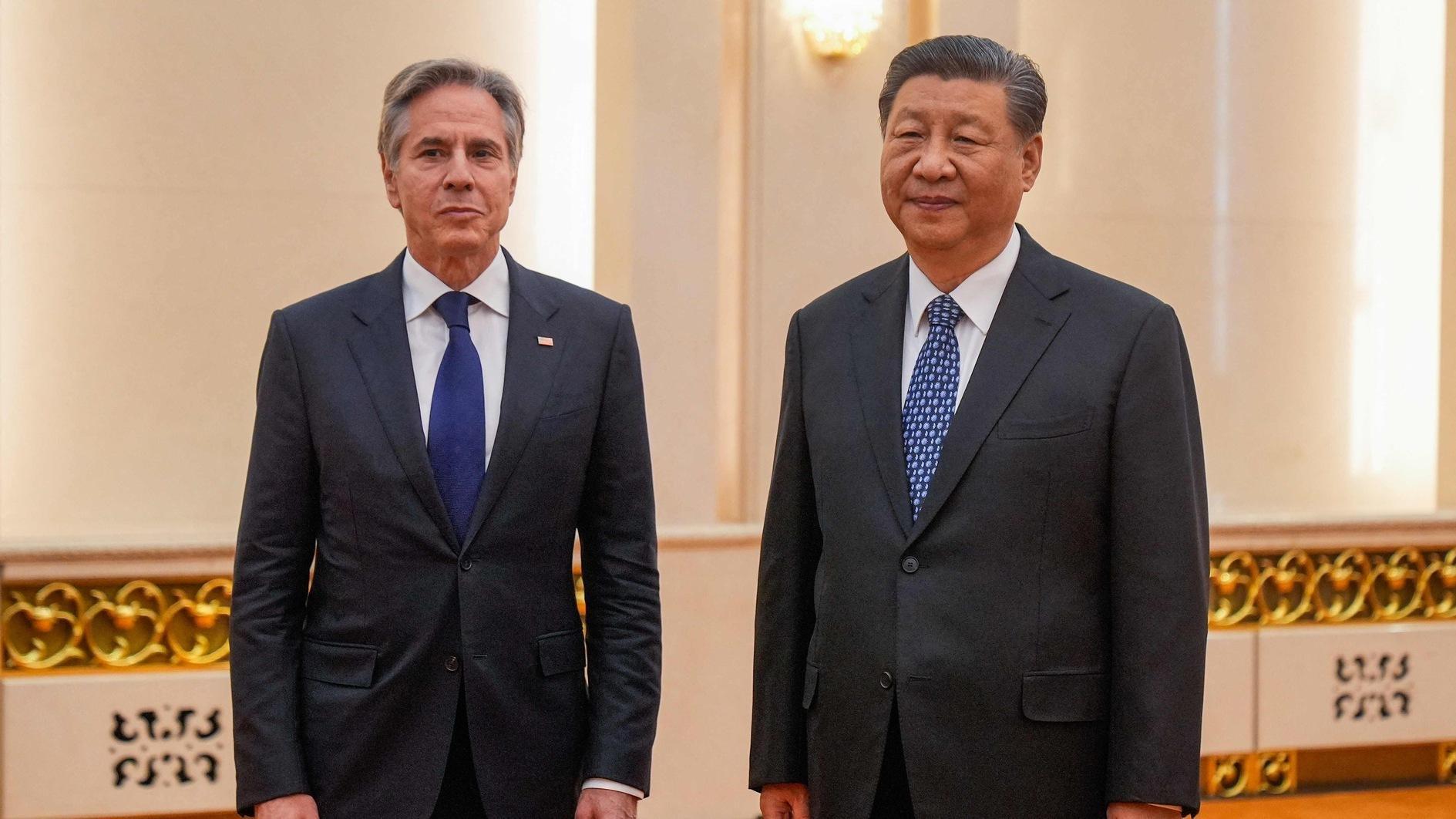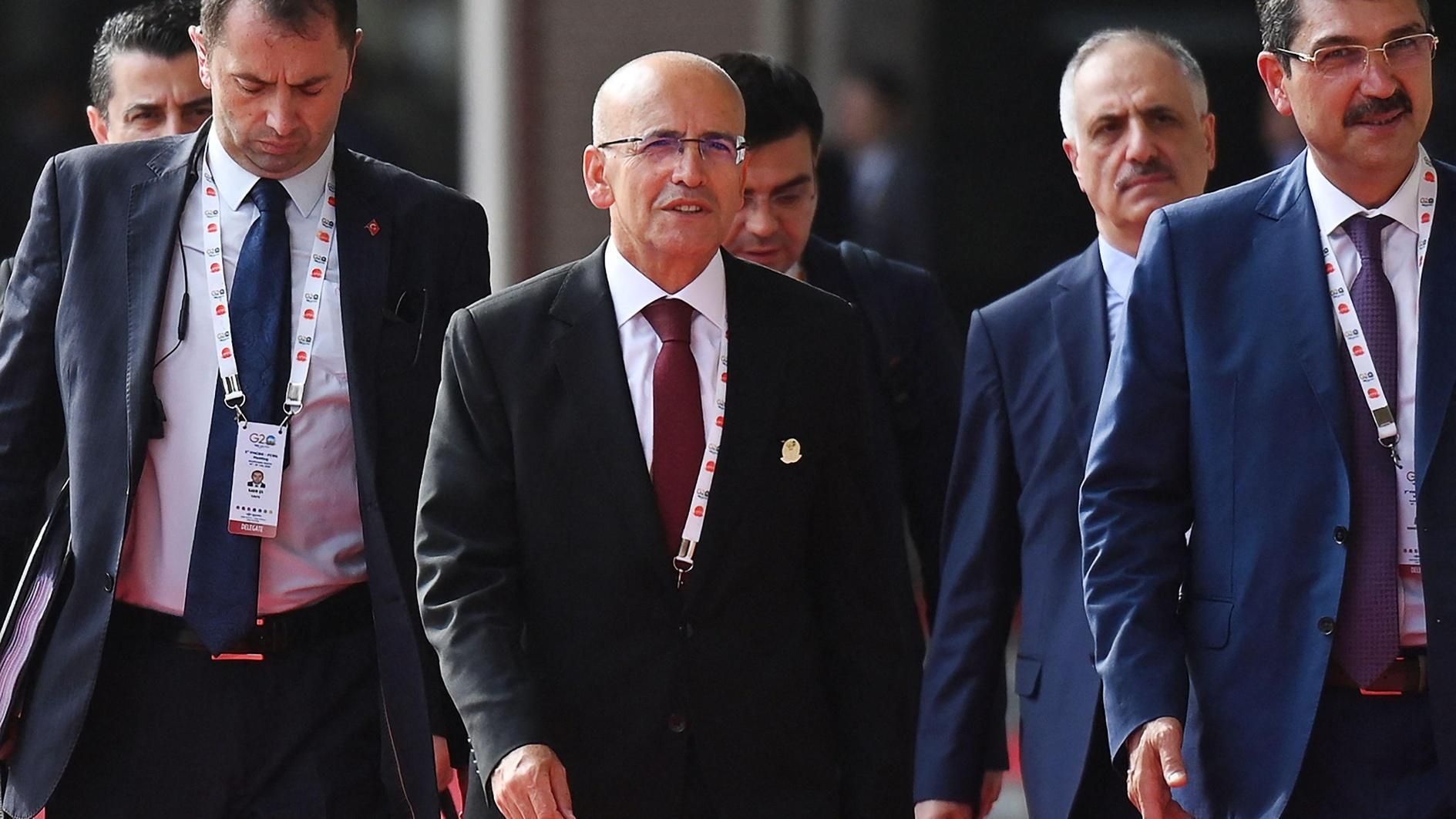US-YPG deal has pushed Turkey toward Syria via Russia
Viva press freedom. Thanks to the BBC, the world learned on Nov. 13 about a deal between the Syrian Democratic Forces (SDF), under the command of the U.S. military, letting militants of the Islamic State of Iraq and the Levant (ISIL), or DAESH in the Arabic initials, flee Raqqa along with their weapons and ammunition.
The BBC quoted U.S. military sources as saying that the implementation was partly taken in order to spare the lives of SDF fighters. The backbone of the SDF is the People’s Protections Units (YPG), the Syrian branch of the outlawed Kurdistan Workers’ Party (PKK) which has been fighting with Turkey for more than three decades and designated as a terrorist group by both Turkey and the U.S.
The footage was reacted against most strongly by two countries in particular: Turkey and Russia.
“Have you seen what happened?” said Turkish Prime Minister Binali Yıldırım on Nov. 14, addressing his Justice and Development Party (AK Parti) group in parliament. “Instead of clearing Raqqa of DAESH they helped them leave with their weapons. God knows what innocent people’s lives will be taken by those DEASH militants across the world in Turkey, Europe and America.”
The Russian Defense Ministry went a bit further, claiming that that the U.S. military has not been hitting certain ISIL targets for some time, not only in Raqqa.
Until the BBC story broke, it was the U.S. that often accused Turkey of not doing enough to stop jihadist militants using Turkish border to head in and out of Syria, while also accusing Russia of protecting pro-Iranian groups - including Israel’s number one enemy Hezbollah - fighting in favor of the Bashar al-Assad government in Syria.
The truth is that no actor is 100 percent clean in the Syrian civil war. But the stains are different for everyone.
Meanwhile, the various alliances have started to take a new shape ahead of upcoming Geneva talks for a political solution in Syria, which has started to emerge on the horizon.
The change in Turkey’s position is particularly interesting. On Nov. 13, before departing for Sochi to meet with Russian President Vladimir Putin for the fifth time in 2017, President Tayyip Erdoğan was critical of both Russia and the U.S. due to a joint statement issued by Putin and U.S. President Donald Trump in which they ruled out a “military solution” in Syria and emphasized a “political solution.”
“What are we supposed to do with the almost one million people killed by the regime so far? If [the U.S. and Russia] are in favor of a political solution why don’t they pull their troops out of Syria?” Erdoğan said.
Around six hours later, after speaking to Putin for more than two hours in Sochi, the Turkish president said he saw “some basis for a political solution” in Syria.
A totally political solution would mean that the Turkish government would have to accept the al-Assad government as a counterpart in the Geneva talks. Perhaps it would also mean that Turkey would not be able to rule out the presence of al-Assad (as backed by Russia and Iran) in any transition phase.
A couple of phrases that Erdoğan used before departing for Sochi showed that he has already started to get used to the idea. While criticizing the U.S. for “not delivering its promises” to Turkey in its partnership with the YPG, Erdoğan said the following: “Manbij has not been evacuated. The terrorist YPG remains stationed there as an invader. But the central administration, Russia and us [Turkey] are keeping a close eye on it.” The term “central administration” was an implicit reference to the Damascus government. Indeed, despite the fact that there is no contact - at least in public - between Ankara and Damascus, they are somehow connected via Moscow.
Perhaps the deal between Turkey and Russia - for now – is to exclude the YPG and its political wing, the Democratic Union Party (PYD), from taking part in the Geneva talks. Moscow has recently postponed a “Syrian opposition groups” meeting that was due to take place in Russia, with Ankara suggesting that this postponement may have been due to its strong objections against the PYD/YPG’s invitation to the meeting.
But one should not jump to conclusions. The PYD situation may end up getting reversed too. After all, this is the Middle East, where history is a continuous present and rivers can change their beds easily, depending on the flow of the water.











